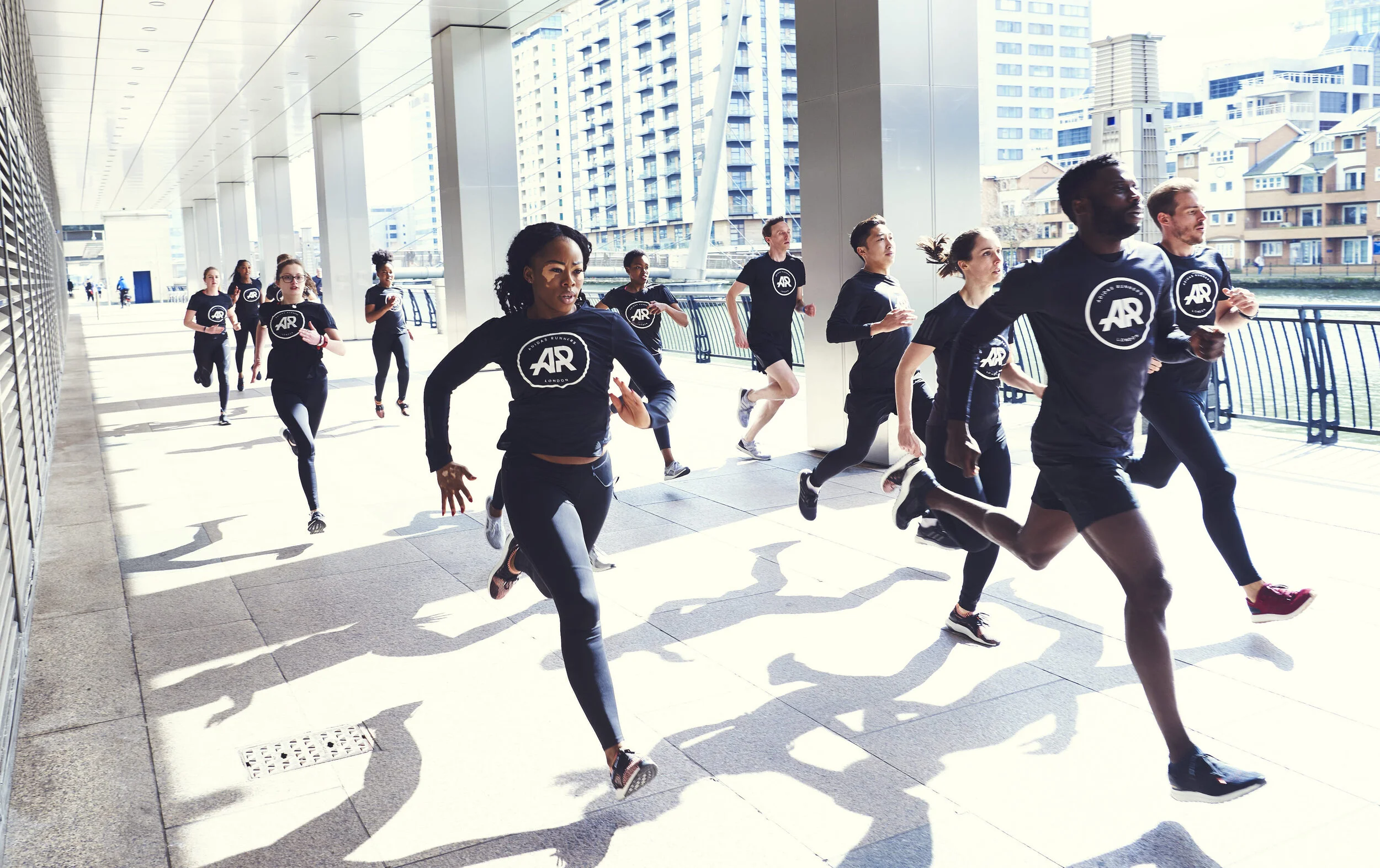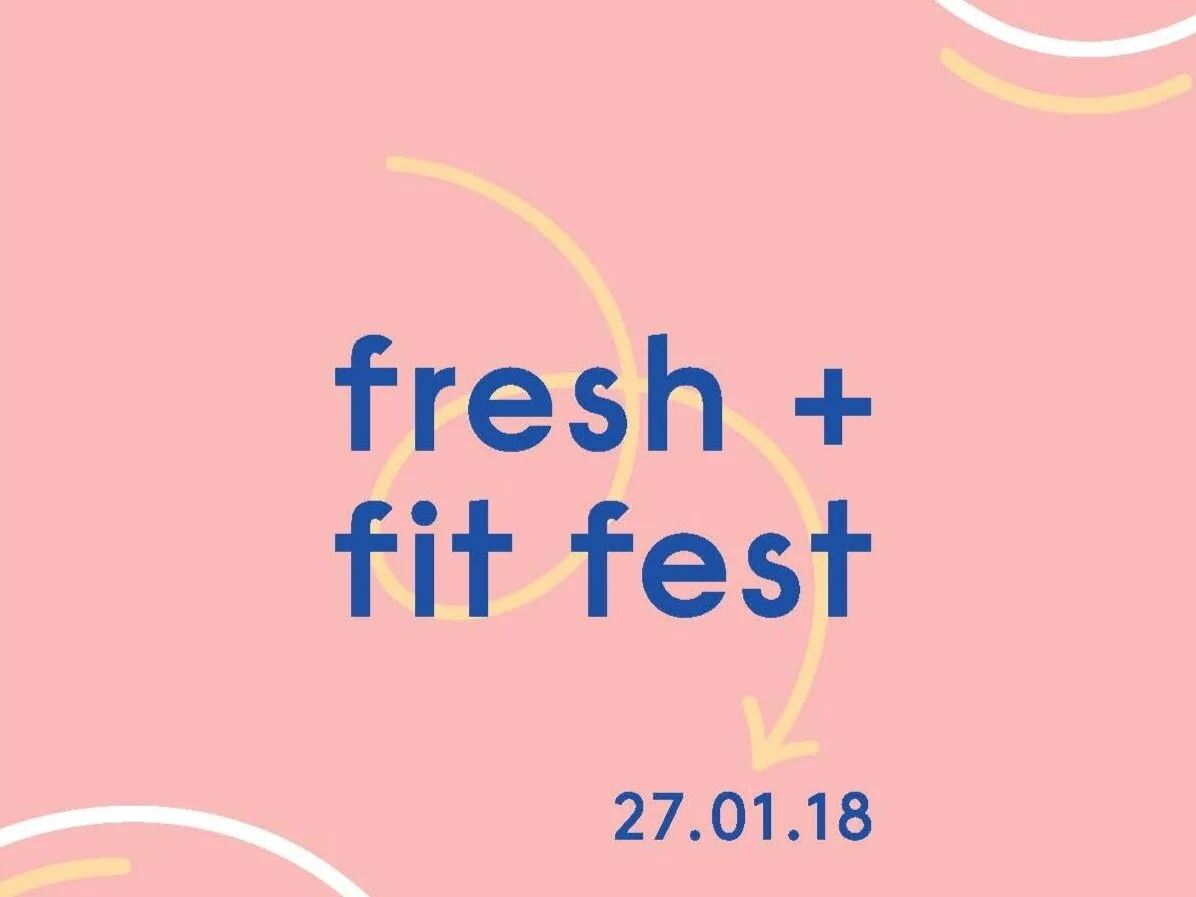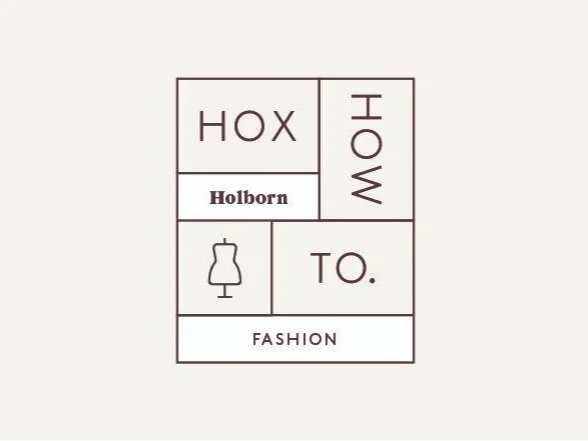The Hoxton
Field Placement 2017 - 2018
Events & partnership management and innovation strategy at Ennismore, parent company to The Hoxton hotel, as a field placement for my MA Innovation Management thesis. Researching the intersection between hospitality, innovation and social value.
Movie nights with themed cocktails, disco yoga classes, wreath making workshops, panel discussions on sleep, pop-up holiday markets, running club brunches, life drawing
The Hoxton hotel believes in inviting the outside in to play, to learn, to share. I was part of the cultural marketing team which was responsible for 6 events per month per a hotel designed to create a community atmosphere. Most of the events were free and everyone was welcome. I worked on the events calendar, partnership relations, copywriting and event management.
I chose The Hoxton as my field placement because I was interested how hotels could be a meeting point for local and global communities, provide social value and be resilient to market disruptions.




Brand Activations
In addition to the 6 monthly events, we set up some larger brand activations around themes that we found to be important to our community.
Fresh + Fit
A fitness festival at the end of January to support health and fitness in the new year. We hosted a full day of fitness classes, wellness talks and workshops along with a healthy food market and beauty treatments. We worked with over 100 partners who sponsored or hosted events that showcased their product offering - everything from trampoline jumping classes to tumeric latte workshops. The goal was to have fun and introduce our community to the wealth of fitness offerings from local gyms and studios.
Hox How To
We launched a series called Hox How To to offer our community skills and networking opportunities to break into industries such as fashion, design, music and technology. We invited industry leaders to give talks, hold speed networking sessions and host workshops such as how to market your music as an artist, how to launch your own product line and how to understand the future of sound.
Company Culture + Innovation Strategy
During my time at Ennismore, I also had the opportunity to observe their company culture and participate on a team called “Hox Gangs” which was comprised of one representative from every department coming together to plan festivities such as holiday parties and peer awards ceremonies.
I was also active in an innovation proposal for how to actively engage in gathering ideas and feedback from hotel teams. I worked with the CMO, brand director and general managers from two of the hotels to design a two part program including an online platform and a yearly innovation training program which would result in an opportunity to pitch an idea to the CEO.
Dissertation Highlights
Introduction
“By generating social value through brand experiences, hotels can strengthen their connection with guests and local communities. The resilience of this network would enable them to leverage market disruptions as a catalyst for growth as opposed to seeing them as a source of fear."
Travel as Transient Space
“For the purposes of this dissertation, I have chosen to focus on the traveller who has the privilege of travelling for leisure, freedom and self exploration. While this traveller might live a safe existence, they are often looking for an escape as well. It is fairly easy for hotels to provide clean beds, nice amenities, and a good wifi connection but much more difficult to provide freedom from anxiety about work or good communication with a partner. In his book On Holiday: A History of Vacationing, Orvar Lofgren notes that ‘Tourist dreams colonise all those other fifty weeks, when we are not on vacation’ (1999, p.7) . He notes that people imagine better lives when they travel and even better versions of themselves. To understand the modern consumer is to understand that travel is a space of transition and transformation. This section explores the expectations of the modern traveller and the role of transformation.”
Shifting Social Value
“Some of the notable shifts in value definition are happening in current world politics. While the traditional measurement of wealth in a country is GDP, this does not account for the wellbeing of the country’s citizens or the sustainability of its economic practices. Alternative forms of measurement are being practiced, most notably in Bhutan where the yardstick of development is GNH or Gross National Happiness which ‘directs the kingdom’s leaders to consult the four pillars of Gross National Happiness — good governance, sustainable socioeconomic development, preservation and promotion of culture, and environmental conservation — when considering legislation’ (Schultz, 2017). Bhutan is proudly the only carbon negative country in the world (Tobgay, 2016). Another country taking initiative in this area is Wales which passed the Well-being of Future Generations Act (The Future Generations Commissioner for Wales, 2018) and employed a Future Generations Commissioner to ensure that the government’s actions are aligned with goals such as developing ‘An innovative, productive and low carbon society which recognises the limits of the global environment and therefore uses resources efficiently and proportionately’ or creating ‘attractive, viable, safe and well-connected communities’.”
Maslow’s Hierarchy of Hotel Customer Needs
“However, as those needs are met, hotel models have evolved up the pyramid. ‘By the early 1980s, many travellers were starting to tire of the bland sameness being offered by the chains, and they were once again looking for an independent alternative’ (Conley, 2007, p.115). This shift in values gave way to the boutique hotel with entrepreneurs like Bill Kimpton, Ian Schrager and Conley himself, entering the scene with ‘lifestyle driven’ boutique hotels which offered an ‘aspirational bubble bath’. These customers were looking for an experience that reflected a personality they possessed or wished to possess. This brings us back to de Botton’s statement that when people travel, they are seeking a transformation in themselves. A brand has to stay in touch with its guest’s values as what fulfils the tip of the pyramid changes over time and can be jolted by market disruptions.”
Evolution of Hospitality
“Following in the footsteps of the sharing economy, there are new business models emerging. Hospitality brands are blurring the boundaries between home and away, visitor and local, hotel and apartment by playing with co-working and co-living concepts. As technology enables people to work remotely, there is a growing community of digital nomads who can be ‘at home’ anywhere. Hospitality Editor of travel industry intelligence platform Skift Deanna Ting writes in an article titled ‘Here’s Why Co-Living Could Be the Next Hospitality Trend’, ‘Ranging from ultra-luxury to basic budget, today’s co-living spaces are, in many ways, blurring the lines between residential and transient, social and private, hotel and home share’ (2016).”
The Hoxton
“In the past 5 years since the purchase of Hotel X, SP has opened three additional hotels across London, Paris, and Amsterdam under the same brand name, acquired a 5 star hotel in Scotland, and to date, manages 6 restaurant brands. In an interview with Deanna Ting, he says,
“I think the reason we’ve been as successful as we have, certainly in Europe, is we pop in certain neighbourhoods and our public space is like one big living room … It’s about how to multiply our public spaces and have a way wider demographic where you come from all walks of life and backgrounds and you own enough spaces, but all united by the levels. Amazing food, great value, in terms of its proposition, and exceptional design and a real connection to community — that’s what we want to offer.” (Ting, 2018)
His strategy isn’t in making quick sales but in building long term relationships. He stands by his statement saying it’s ‘so integral to our business model that we engage with locals in a way that no other hotel does’ (Ting, 2018). This perspective that values connection and experience made Hotel X an ideal environment for exploring how a hotel can connect with the local ecosystem, the social value a hotel can offer and how these might be used to make it antifragile.”
Active Participation Value Creation
“In reflecting on my experience there, I have developed strategic opportunities which include building a more connected network, gathering insights and translating insights into social value and brand strategy (Fig.20). These strategic opportunities make the brand antifragile in the face of market disruption because they allow the brand to be proactive in learning about market trends and be part of the conversation in changing cultural values as opposed to reacting to them.”



